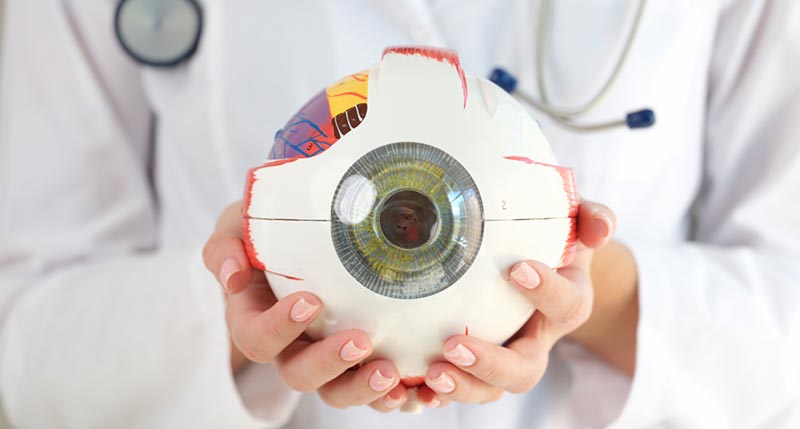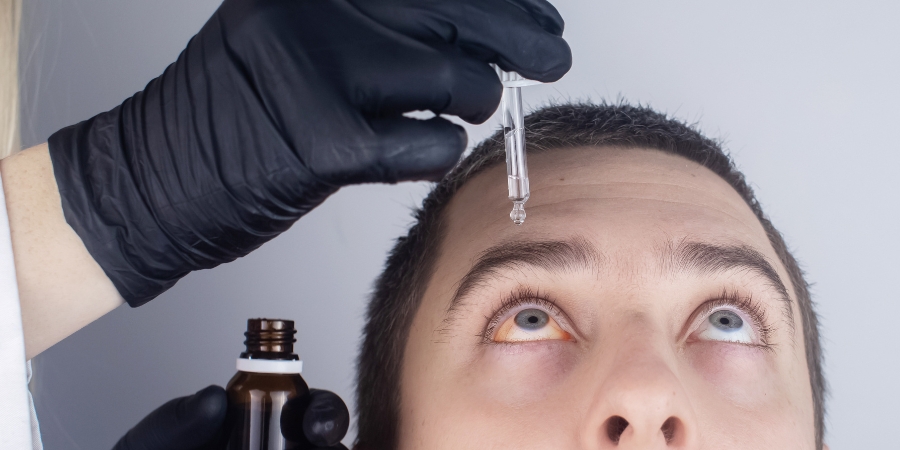All Categories
Featured

While a lot of individuals recognize the significance of safeguarding their skin from the sunlight, the harmful results of ultraviolet (UV) rays on eye health and wellness commonly go ignored. Whether you're soaking up the sunlight on a summer season day or walking outdoors on a gloomy mid-day, protecting your eyes from UV rays is vital.
What Are UV Rays? UV rays are a kind of electromagnetic radiation produced by the sunlight. They are classified right into three kinds:
UVA Rays: These permeate deep right into the skin and eyes and can add to lasting damage. UVB Rays: These rays are much more intense than UVA and are primarily in charge of surface-level damage to the eyes and skin. UVC Rays: These are the most dangerous but are primarily soaked up by the Planet's ozone layer and do not usually reach us. UVA and UVB rays are the primary wrongdoers behind eye-related damage.
Short-Term Impacts of UV Direct Exposure on the Eyes. Also short-term exposure to extreme UV rays can damage your eyes. One typical condition triggered by this is photokeratitis, or "sunburn of the eye." Symptoms of photokeratitis consist of:
Painful, red eyes. Level of sensitivity to light. Tearing or excessive watering. Temporary vision loss or fuzzy vision. Photokeratitis is generally temporary, but it functions as a caution of just how destructive UV exposure can be, even in small doses.
Long-Term Impacts of UV Exposure. Extended exposure to UV radiation can cause more major and permanent eye conditions, such as:
Cataracts: UV rays can increase the development of cataracts, a condition that creates clouding of the eye's all-natural lens, causing fuzzy vision and, if unattended, loss of sight.

Macular Deterioration: UV direct exposure can damage the retina, especially the macula, boosting the threat of age-related macular degeneration (AMD), which affects main vision.
Pterygium: A development of tissue on the white component of the eye that can cross the cornea, creating discomfort, inflammation, and vision problems.
Pinguecula: UV exposure can create yellow-colored deposits to base on the conjunctiva, causing irritation and dry skin.
Skin Cancer Around the Eyes: The delicate skin bordering your eyes is very vulnerable to UV radiation, raising the risk of skin cancers cells like basic cell cancer and squamous cell cancer.
Exactly How to Safeguard Your Eyes from UV Rays. Shielding your eyes from UV rays is easy and calls for a few mindful routines:
Spend in Top Quality Sunglasses: Pick sunglasses that block 100% of UVA and UVB rays. Try to find labels that define "UV 400" security. Wrap-around styles are ideal as they obstruct UV rays from the sides too.
Use a Wide-Brimmed Hat: A hat with a border a minimum of three inches large can significantly minimize UV exposure to your eyes and face.
Restriction Exposure Throughout Height Hours: UV rays are greatest in between 10 a.m. and 4 p.m. If you need to be outdoors throughout these hours, make certain you're adequately protected.
Don't Be Fooled by Clouds: UV rays can penetrate with clouds, so it's important to use sunglasses also on cloudy days.
Secure Your Eyes Year-Round: Snow, sand, and water can mirror UV rays, heightening their effects. Eye security isn't just for warm summer days-- ensure you're covered in all seasons.
Use UV-Blocking Call Lenses: Numerous call lenses currently include UV defense. If you use calls, ask your eye medical professional about lenses with integrated UV filters for included defense.
Urge Eye Security for Children: Children's eyes are a lot more delicate to UV rays since their lenses are clearer, permitting more radiation to reach the retina. Make sure they put on sunglasses and hats during outside activities.
Normal Eye Tests. Regular examinations with an eye care expert are crucial for early detection of any type of UV-related damage. An eye doctor or ophthalmologist can review your eyes, suggest protective actions, and find conditions like cataracts or macular deterioration at an early stage.
Conclusion. UV rays present a significant hazard to eye health and wellness, and their effects can build up over time. With the appropriate preventative measures, you can decrease these risks and secure your vision. By putting on UV-blocking sunglasses, restricting sunlight direct exposure throughout peak hours, and staying constant with eye examinations, you can ensure your eyes remain healthy and balanced and your vision remains clear for many years ahead. Shielding your eyes from UV radiation isn't nearly comfort-- it's a necessary step in maintaining your long-lasting eye wellness.
Latest Posts
Find Out Cut Costs on Car Maintenance with Montclare Auto Repair’s Special Deals
Boost Your Building with Expenses Door Equipment
Find Affordable Auto Repairs with Montclare’s Limited-Time Service Specials
More
Latest Posts
Find Out Cut Costs on Car Maintenance with Montclare Auto Repair’s Special Deals
Boost Your Building with Expenses Door Equipment
Find Affordable Auto Repairs with Montclare’s Limited-Time Service Specials